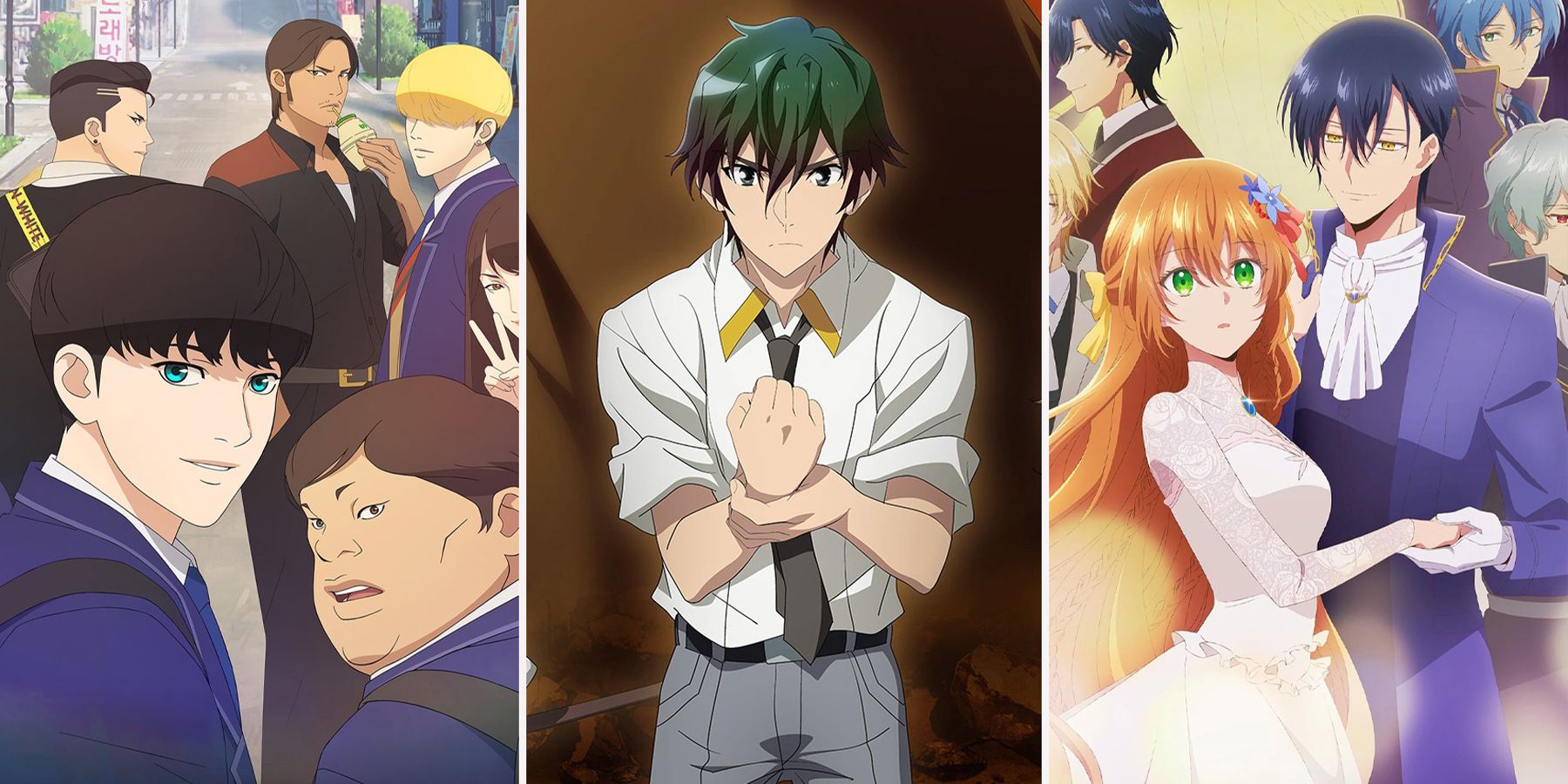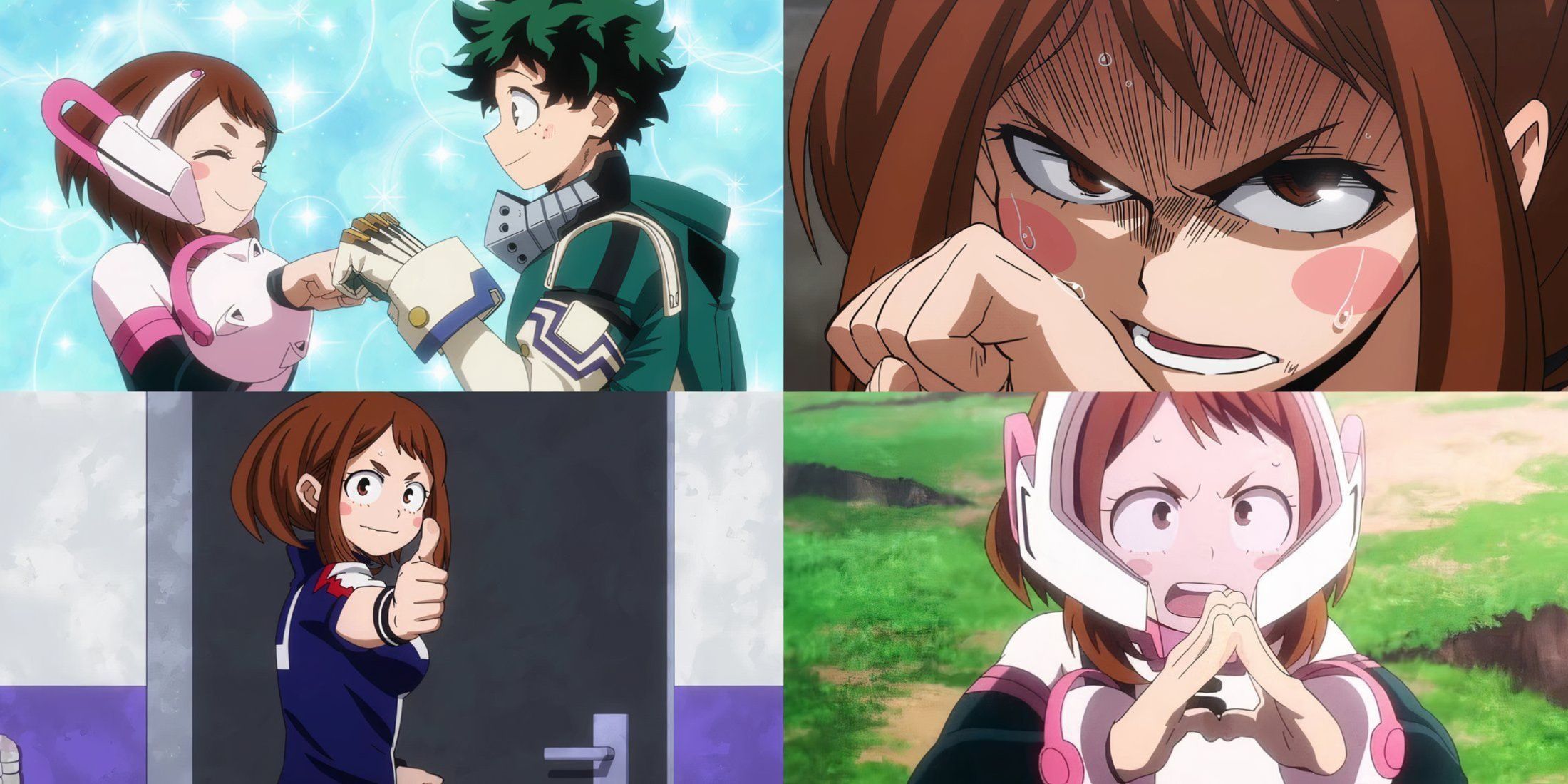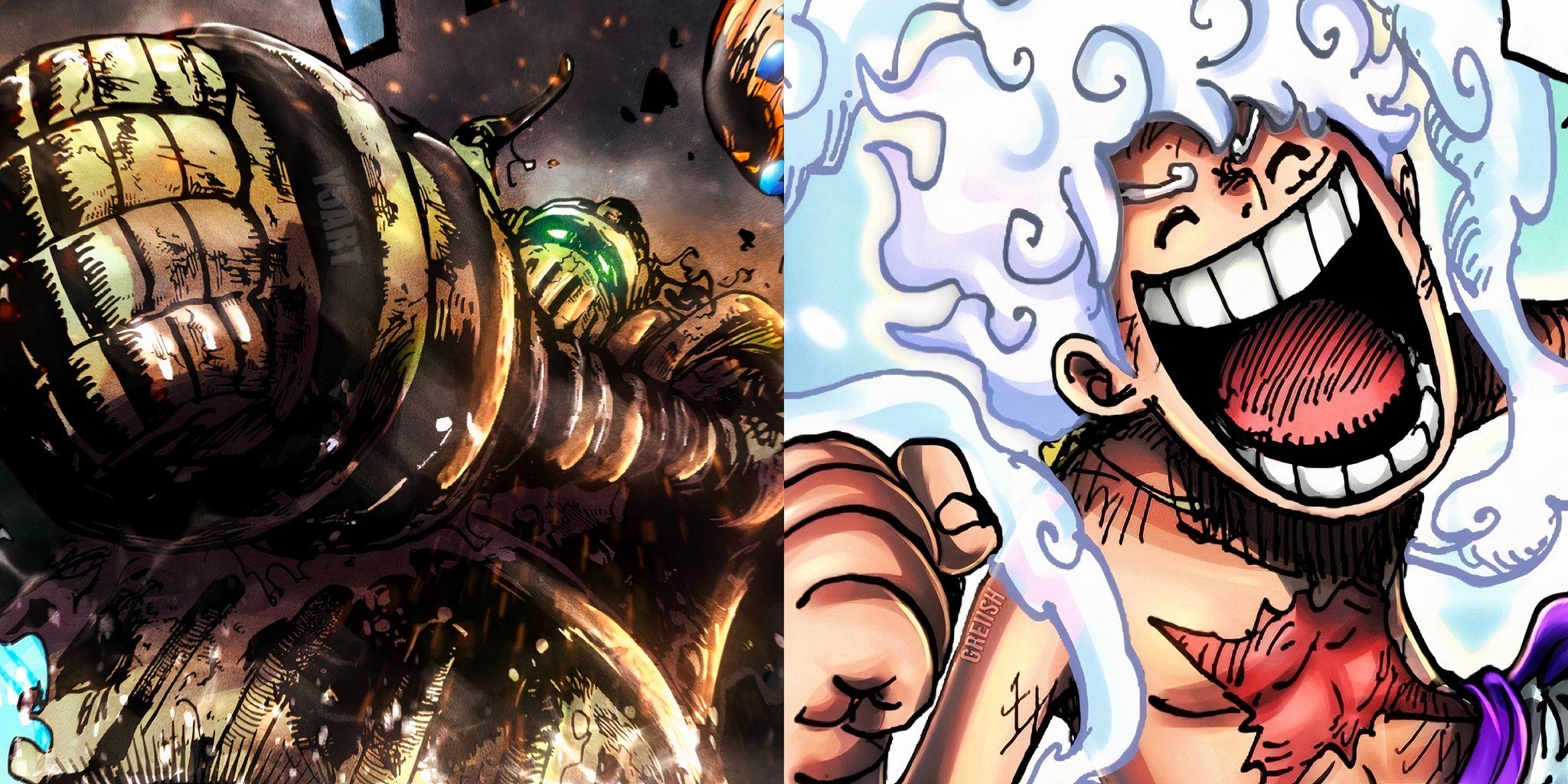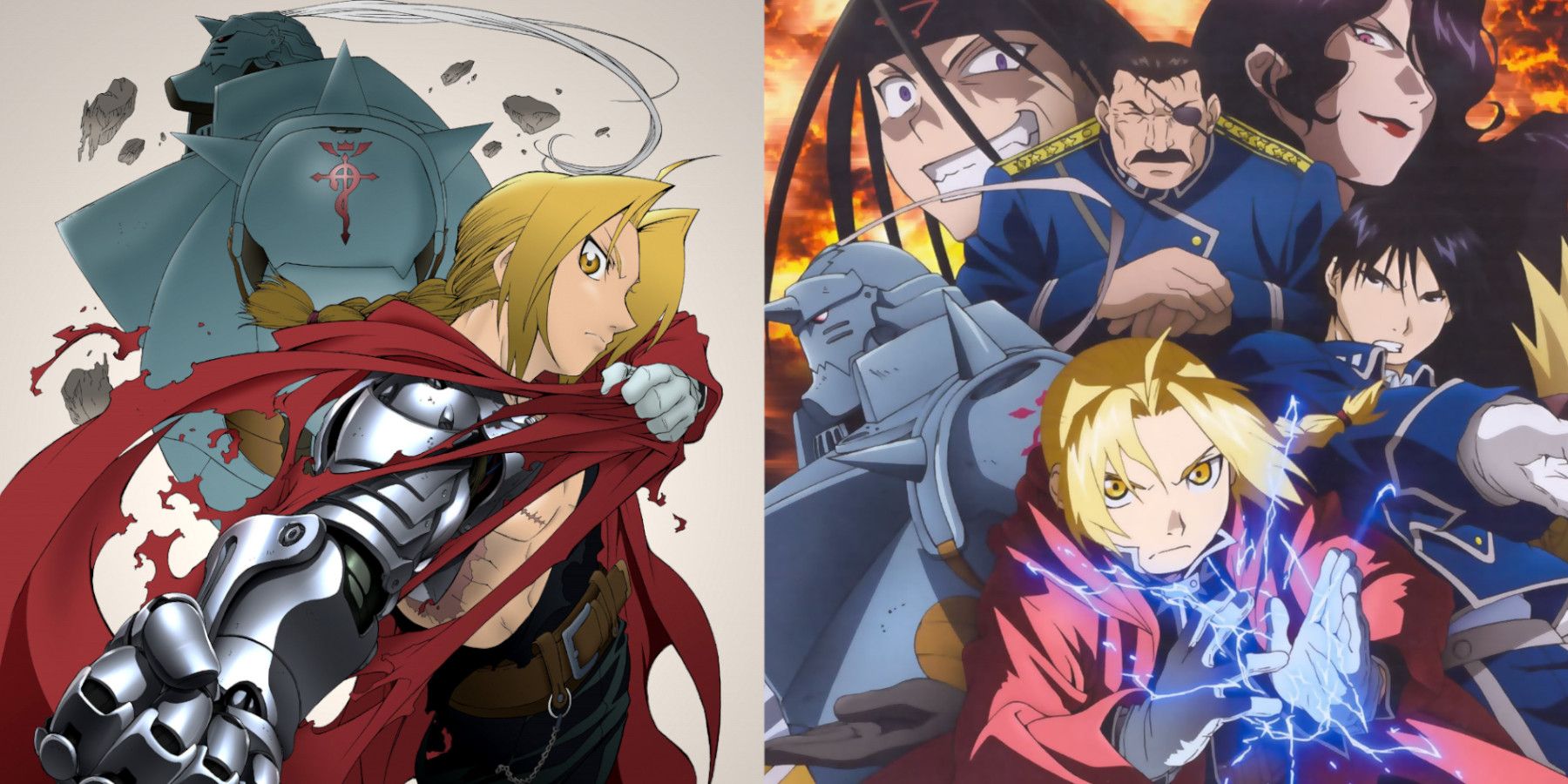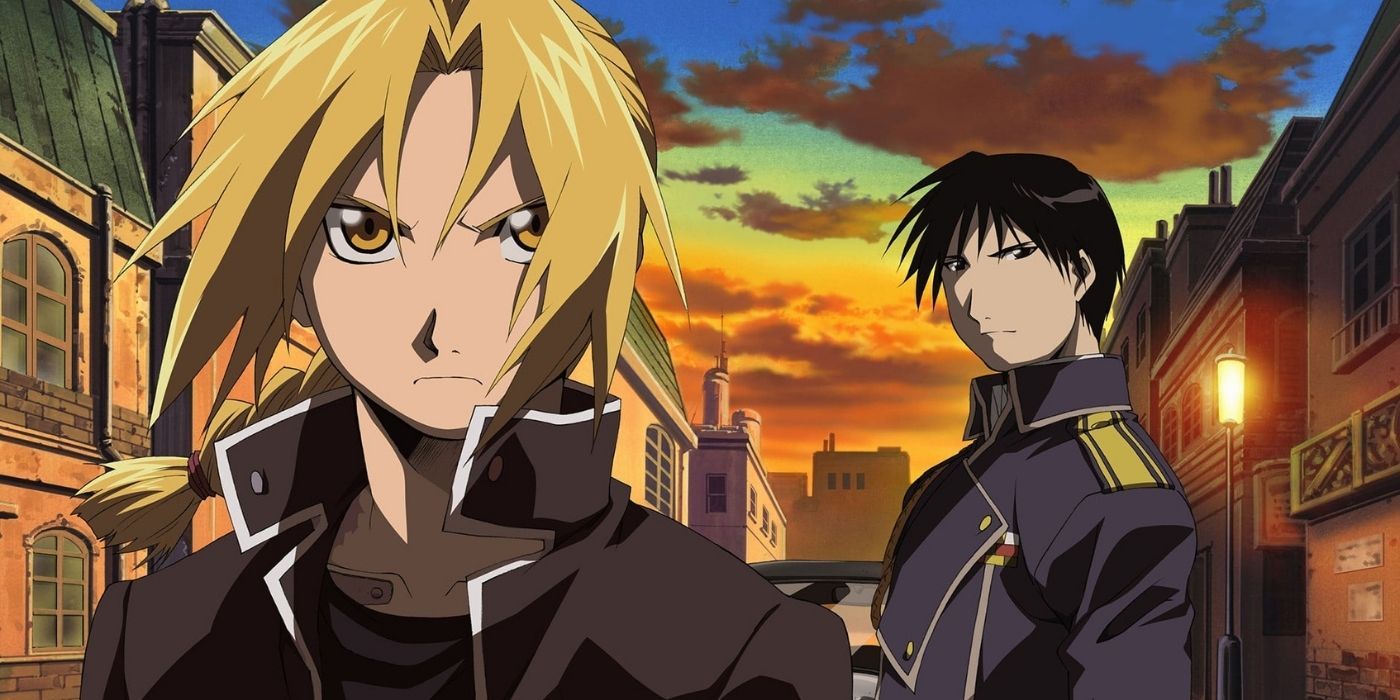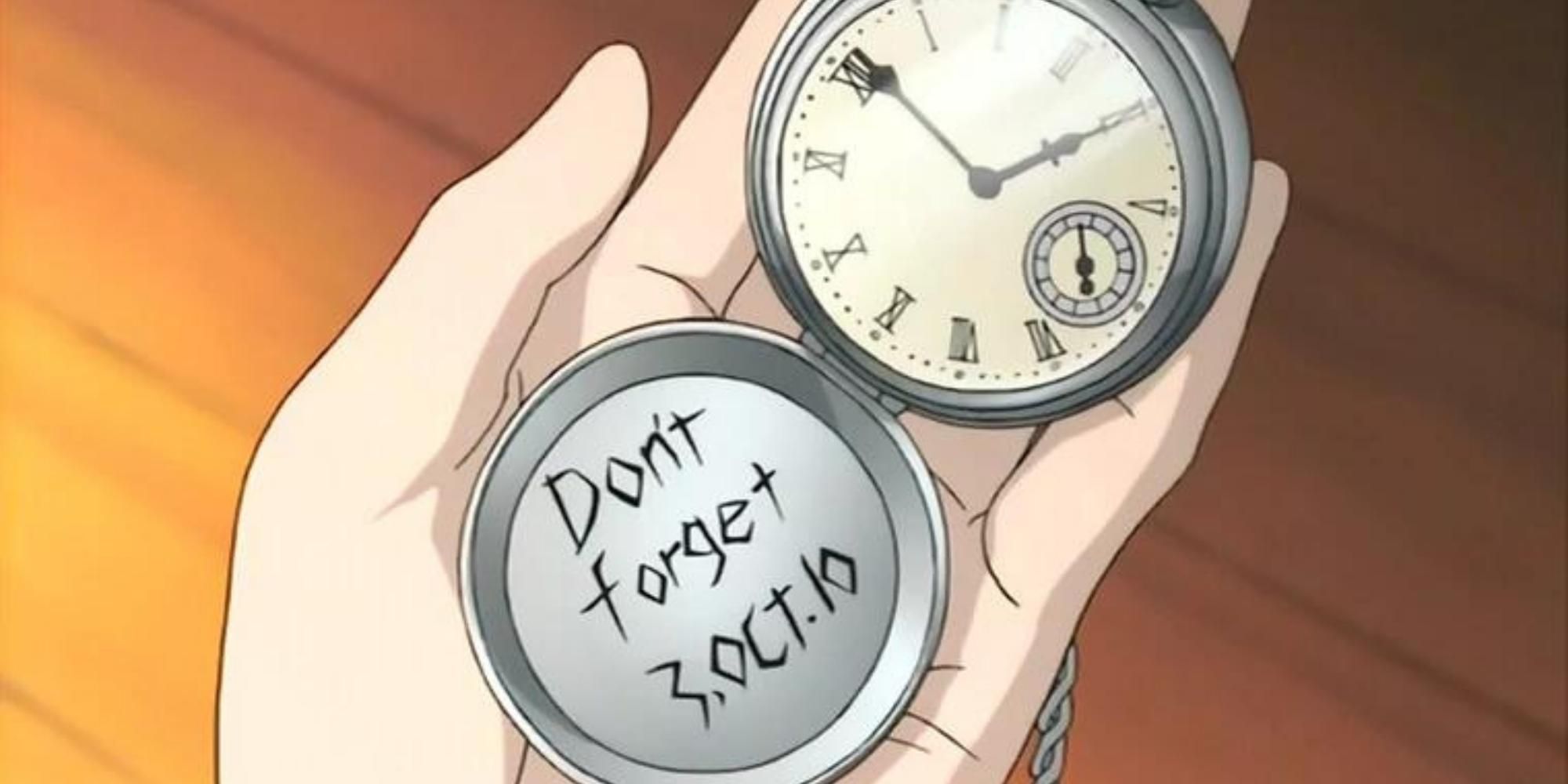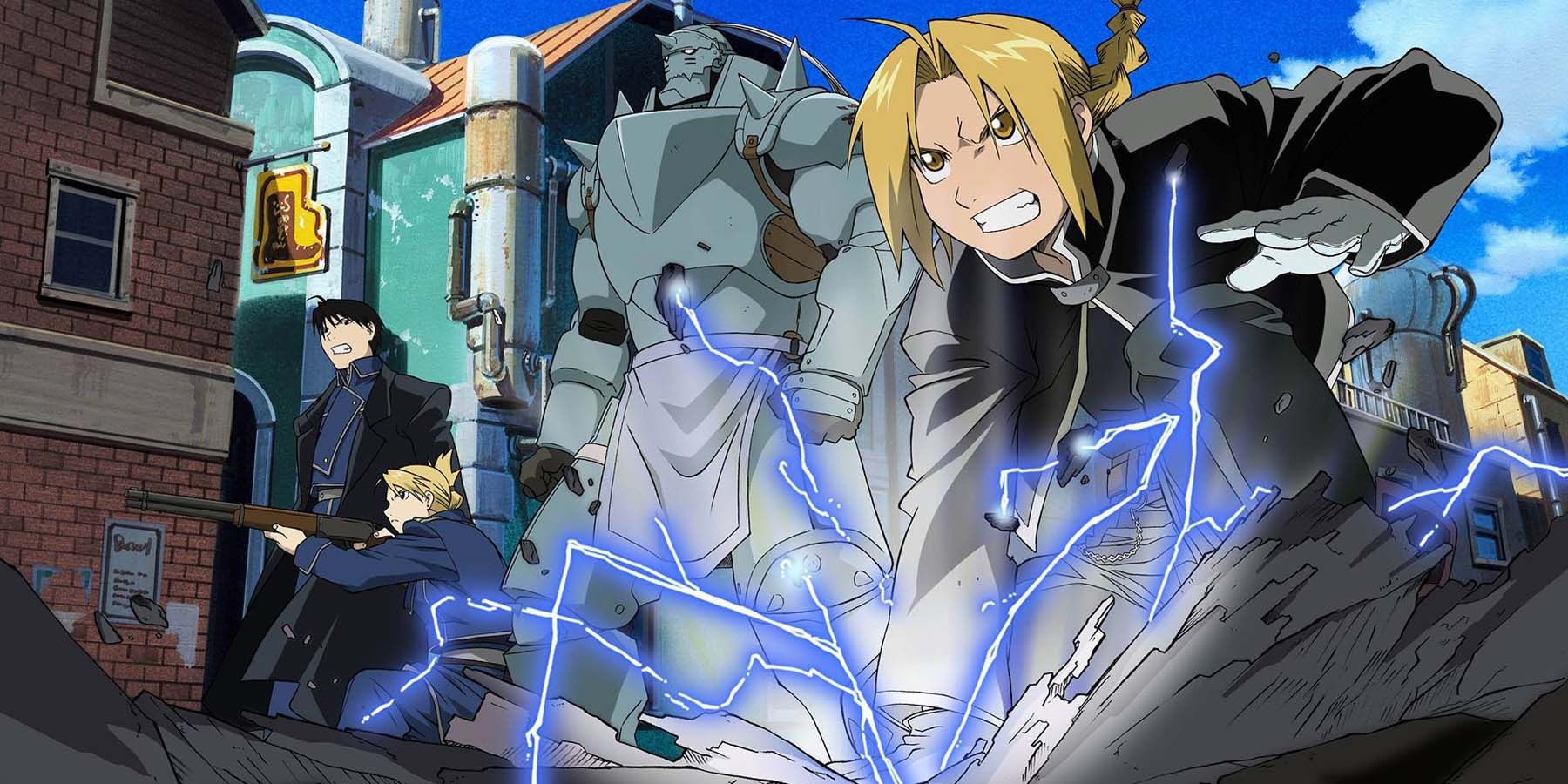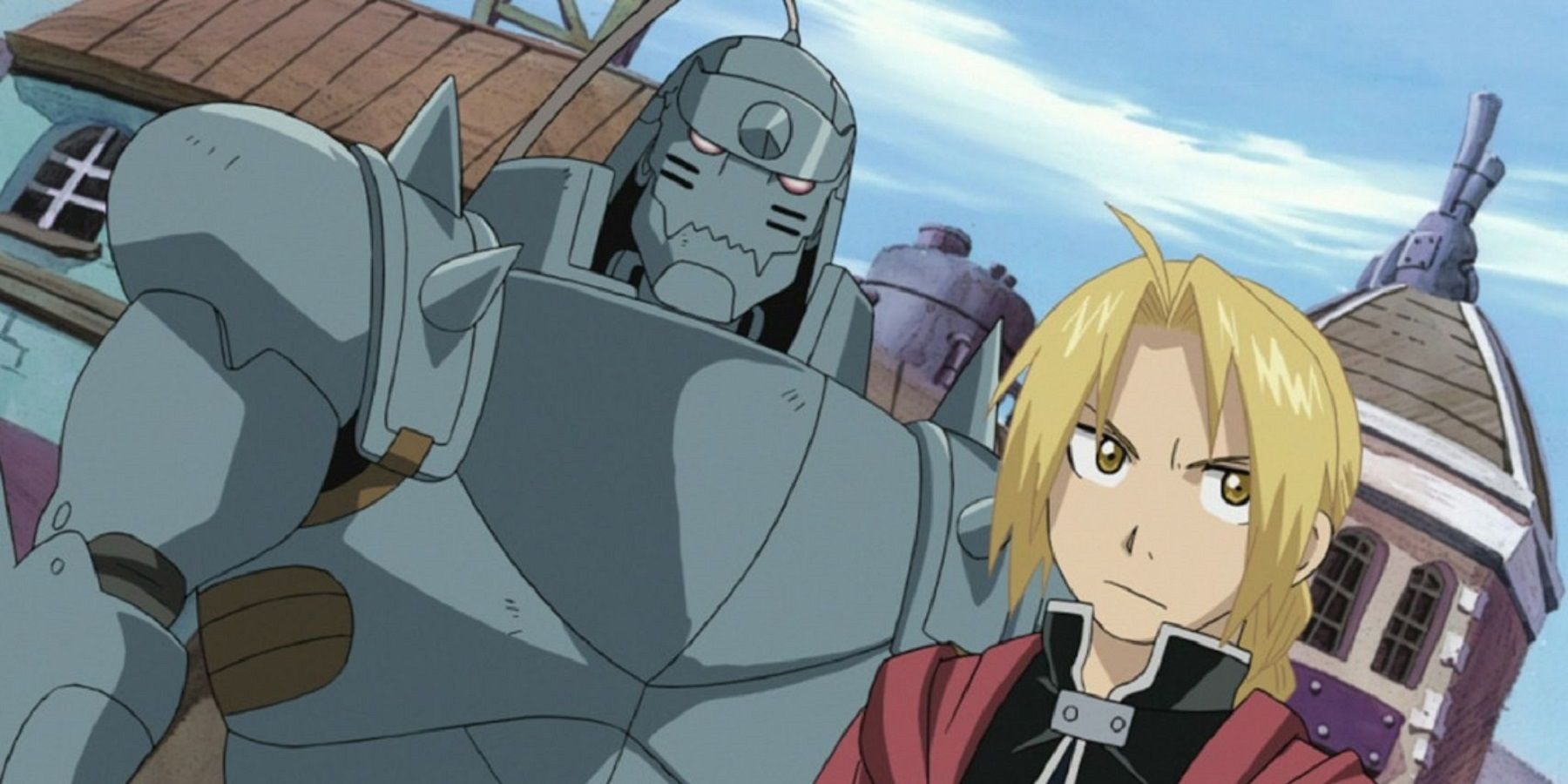Hiromu Arakawa's Fullmetal Alchemist is a globe-trotting fantasy epic about religion, imperialism, genocide, and free will, as two brothers attempt to rebuild their broken lives. Its two animated adaptations are similar but vastly different upon closer inspection and fans have debated which one is better for years.
In 2003, Director Seiji Mizushima, writer Shou Aikawa, and Studio Bones made Fullmetal Alchemist, an adaptation of the manga that was still being written at the time. Once the anime caught up, Aikawa penned an anime-original story that diverged heavily from Arakawa's story, and it wasn't until 2009 that Fullmetal Alchemist: Brotherhood faithfully adapted the story. The most common consensus is that Brotherhood is a major improvement and a superior story, one with a more grand conclusion with tons of characters and a phenomenal final arc. There's also a contingent that believes the original series was a far darker and more daring series that took more risks and played with more fascinating ideas.
The Diverging Point
A common criticism of Brotherhood is that the first five or so episodes are too quick and that they blaze through the plot that was already covered in the 2003 series. To be honest, this criticism often feels more like a concession to the fanbase of the original rather than a real critique of Brotherhood.
The original did have a lot more episodes between the start and the moment that the two anime diverge, but the original also had a lot more filler and a slower pace. That isn't to say that the pacing was an issue, but just that the storytelling was different. In retrospect, the pacing feels inconsequential to how well these stories progress. It's all about the tone.
The Tone of Fullmetal Alchemist
A lot of anime is quite notable for it's juggling of disparate tones in order to deliver on visual comedy as well as a dramatic narrative and FMA is no exception. Its characters are wacky and lovable at the best of times, but that is but a reprieve from the darker moments of this story.
Both shows follow the characters as they work alongside and against members of a police state that is trying to move beyond the atrocities of a past war. A large part of the struggle of characters like Colonel Mustang is about atoning for the crimes of the past and bringing about retribution.
Edward and Alphonse are two kids who tried to use the dominant science of their world to bring their mother back to life, and in the process, crossed a dangerous line. Their universe's harsh and irrefutable rules punished them by taking Ed's limbs and Al's entire body. Thus begins a journey to find a way to reclaim what was lost.
This and the themes mentioned above of imperialism may be consistent in both anime, but how they carry through on that story is as stark a contrast as the sun and moon. Brotherhood was a once-in-a-lifetime kind of odyssey. Fullmetal 2003 was a bittersweet lesson in tragedy.
Brotherhood & Truth
It's easy to understand why Brotherhood is as beloved as it is, and frankly, it seems like an easy answer to say it is superior. It's a much larger story that takes its characters to more places and ropes in even more of its huge cast, which is arguably utilized better.
Every rivalry, relationship, and plot hook has a fitting end and the last 12-episode-cour of the show is just one large battle. The story also has a lot more humor compared to FMA 2003 which becomes progressively darker after it diverges. The core philosophies posed at the start of the series don't necessarily change, merely they are recontextualized as the characters have grown.
The Law of Equivalent Exchange is the single most important rule in the story, denoting that one cannot gain without sacrifice, a tenet of alchemy that extends to the lives of the characters. In pursuit of truth without consideration for life, all will be lost as sin starts to become someone's life. The Elric brothers' journey is about upholding life above all else.
The 2003 Series & Consequence
The original series has almost as many twists as Brotherhood and the manga, yet the twists are so different that it becomes half the fun in comparing the two. The characters who turn out to be homunculi are completely different or if the same character is a homunculus, they are called by a different name than in the other.
Additionally, the plot of the villain is different, far more selfish and less genocidal but still cruel and unjust. The world feels smaller but the history of Amestris is just as bloody and complicated. The Elric brothers fight on to try and stop the villain and return their bodies to normal.
However, the path to learning their lessons about the dangers of alchemy doesn't come as easily. Instead, the twists that reveal the horrible truths are revealed late, changing how the characters think in the final episodes.
But nothing compares to how the show ends, and it's arguably one of the biggest drawbacks. The ideas behind it are compelling but the play-by-play of the final episodes can seem cluttered and funny in retrospect. There's a lot of back and forth, especially at the very end.
Aikawa's script poses a final twist in which the alchemy that the characters in Fullmetal Alchemist utlilize is only possible because it is feeding off of the tragedy and pain of our world. By "our world," that means Earth, with its history of war and atrocities and notably World War I, which Ed gets to witness firsthand.
It's quite a bold conclusion and a controversial one that likely contributed to the mixed reputation it had among fans for the longest time. At best, it's bittersweet, a tragic end that sees the brothers not quite whole again, but all in service of a lesson about sacrifice. Life is valued just as highly in the original, but the cost, in the end, is much higher.
The Value of Two
There have been a few anime that have been given a second chance after a poor first attempt, namely as recompense for the trend of anime-original divergences from the source material. For example, Black Butler's second season was so disappointing that it took years before the show continued pretending it never happened.
But Fullmetal Alchemist's first run wasn't just a single season or a run of filler waiting for new manga content to adapt. It was mostly a new story continuing from a starting point laid out for the creators and for what it's worth, a lot of the creative decisions were compelling and the action spectacular.
Never in any of these situations has an original anime and its reboot stood together so fittingly, and considering how different they are, a comparison almost feels redundant. Obviously, one may be more to one's taste than another, but consider this: getting to consume two wildly different takes on the same story, with the same principal cast, is a rare opportunity.
One is considerably darker while the other is especially grand. The former is flawed but rarely half-asses its most daring ideas, while the latter is a shining example of the shonen genre's best attributes. If Fullmetal Alchemist really is to be remembered as an essential anime, it's only fair that both are included in that. Regardless of which is being discussed, Fullmetal Alchemist is simply awesome.
